Musician Trinh Cong Son took a souvenir photo with students of the 2nd course, Nguyen Du Writing School (Faculty of Writing, Hanoi University of Culture) in 1985 (Illustration photo)
A place to nurture talent
In 1961, Trinh Cong Son majored in Child Psychology and Education at Quy Nhon Pedagogical School, Binh Dinh Province (1962-1964). During his time at Quy Nhon Pedagogical School, the "trio" of Truong Van Thanh playing violin, Thanh Hai playing electric guitar, and Trinh Cong Son playing acoustic guitar formed the amateur band Thanh Son Hai. This was a memorable milestone in Trinh Cong Son's music composition career .
After graduating, Trinh Cong Son went to B'Lao (now Bao Loc City, Lam Dong Province) to teach at Bao An Primary School for 3 years (1964-1967). He received formal training and became a head teacher.
In the article Trinh Cong Son and the red dusty plateau, researcher Nguyen Dac Xuan, a friend of Trinh Cong Son, wrote: “Since his time studying Pedagogy, Trinh Cong Son composed many songs for children. When he went to teach in B'lao, he composed many more songs.”
Later, musician Trinh Cong Son also taught music at the University of General Sciences - Hue University (now the University of Science - Hue University) for 2 years (1973-1974). During this time, the credit " Trinh Cong Son's Music " was studied by many students.
Love goes into songs
While still in Hue, musician Trinh Cong Son fell in love with a girl named Ngo Vu Bich Diem. This love affair made him write the song Diem Xua. Listening to the song, the image of a young man desperately waiting for his lover is clearly present: "This afternoon is still raining, why don't you come back? What if tomorrow, in the midst of pain, how can we have each other? The pain will be imprinted on my footsteps. Please come back quickly" and "It still rains, making the sea of life rough/ How do I know that the stone stele doesn't hurt/ Please let the rain pass over the vast land/ Someday, stones and rocks will need each other."
Musician Trinh Cong Son later recalled this love: “Looking down from my balcony, that figure came and went four times a day… That girl crossed a bridge over a river, through rows of camphor trees, through harsh rainy and sunny seasons, to finally arrive at a rendezvous. A rendezvous but without any promises… The girl who crossed the camphor trees is now in a faraway place, has a different life. All that remains is a memory.”
Hue researcher Nguyen Dac Xuan, a friend of musician Trinh Cong Son, said: “He loved Diem madly. The days when he did not see Diem, he was extremely miserable… Diem knew Trinh Cong Son loved her and her heart was sometimes moved. But at that time, Diem could not overcome the strictness of her family.”
Ngo Vu Dao Anh is the younger sister of Ngo Vu Bich Diem. After knowing that her sister's love affair with musician Trinh Cong Son did not work out, she wrote a letter to comfort and share with him. Musician Trinh Cong Son wrote a reply and the "older sister's love" relationship arose from there. During their time together, musician Trinh Cong Son wrote Dao Anh about 300 letters. Among them were poignant words such as: "I miss Anh, miss Anh, miss Anh but can't tell anyone. Like the cry of a small ant... I really look forward to Anh's letters every day, every hour, every month, every year". He also wrote many songs for his lover such as Pink Rain, What Age Is Left For You, Lullaby to Your Warm Spring Fingers, Sad Stone Age,...
Although this love affair broke up, musician Trinh Cong Son always remembered it. In 1993, he met Dao Anh again and wrote the song "Please pay the debt to someone" with such poignant lyrics: "Twenty years I have paid it back/ I have paid back a debt of a lifetime without our arms/ Twenty years of emptying and then filling up/ I have paid back a debt of a time when our lips were absent/... Twenty years are still the same as the past/ I owe it again this time in each other's lives".
On April 1, 2001, musician Trinh Cong Son passed away. Painter Dinh Cuong, a friend of musician Trinh Cong Son, recalled: “The last month before Son passed away, Dao Anh came to visit. Every morning of the week, she came and sat next to Son’s wheelchair, only looking at Son, until the evening when she returned home.”
“Loved this life with all my heart”
Musician Trinh Cong Son (right) and musician Van Cao, author of the song Tien Quan Ca (National Anthem) (Illustration photo)
In addition to being a teacher, musician Trinh Cong Son was also an intellectual who fought for the peace movement in the South. In an article by Hue researcher Nguyen Dac Xuan, Mr. Le Khac Cam, an intellectual who was a base for the Hue City Party Committee, recalled: “Mr. Son knew that I was a base for the City Party Committee... We, including Trinh Cong Son, read many books and newspapers sent from the war zone and especially, every night we hugged the radio and listened to Hanoi radio with admiration for the revolution.”
On April 30, 1975, musician Trinh Cong Son sang "Noi vong tay lon" at Saigon Radio Station, which had just been taken over by the revolution. He emotionally said: "I, musician Trinh Cong Son, am very happy and moved to meet and talk with all of you artists in South Vietnam. Today is the day that we all dream of, the day we completely liberate the whole country of Vietnam."
In 1981, together with musicians Tran Long An and Pham Trong Cau, musician Trinh Cong Son went to experience the new life at Nhi Xuan Farm (Hoc Mon District, Ho Chi Minh City), where there were young volunteers who were contributing their youth day and night to build the socialist Fatherland. After that, he composed the song "Em o nong truong em ra bien gioi" to praise the socialist people: "Each faded shirt will be greener / Hands create happy seasons / From this land, new people grow / Like the sun on the horizon". In particular, the female youth volunteers made him extremely admire. They were girls "with feet that walk without hesitation", "familiar with the rain and sun", "hair on their shoulders entangled with red dust" and "passionate hearts" that he remembered forever.
In early 1984, musician Trinh Cong Son, when visiting the museum in Quang Binh, was very moved when he saw the picture of Mother Suot (1908-1968). Mother had steadfastly rowed the ferry under the rain of bombs and bullets, taking soldiers across the river during the years of fighting against the destructive war of the American invaders. After that, he composed the song Mother's Legend with emotional lyrics: "At night, sitting with the lamp on, remembering/ Each story of the past/ Mother came back standing in the rain/ Covering her sleeping children/ Watching every step of the enemy/ Mother sat in the rain/ Mother waded across the stream/ Under the rain of bombs, not afraid/ Mother gently led the way/ Sending her children across the mountains and hills". The song Mother's Legend created an immortal monument to the Mother of the Fatherland during the years of resistance against the US to save the country.
In addition, musician Trinh Cong Son composed the song "Scarves light up the dawn" as a special sentiment for the members of the Ho Chi Minh Young Pioneers, the future owners of the Socialist Republic of Vietnam: "Look at you, pretty children, walking quickly to school/ Each scarf you wrap is red with dawn/ Each young arm is building a rosy tomorrow/ Your Youth Union is the hope of Vietnam".
Living under the socialist regime after the liberation of the South and the unification of the country, musician Trinh Cong Son composed works that have lasted through the years about socialist people. In the song Every Day I Choose a Joy, he expressed his love of life and people with the new life: “And so I live happily every day/ And so I come into this life/ Loving this life with all my heart”./.
Nguyen Van Toan
Source: https://baolongan.vn/trinh-cong-son-tieng-hat-tu-trai-tim-tai-hoa-tu-cuoc-doi-a196992.html


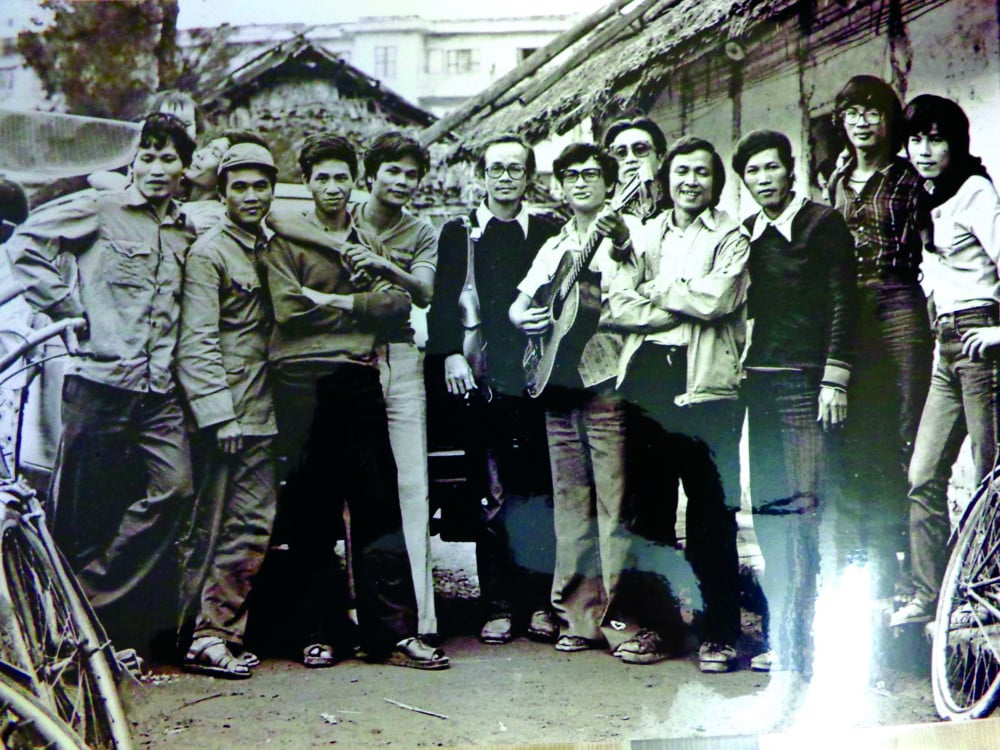
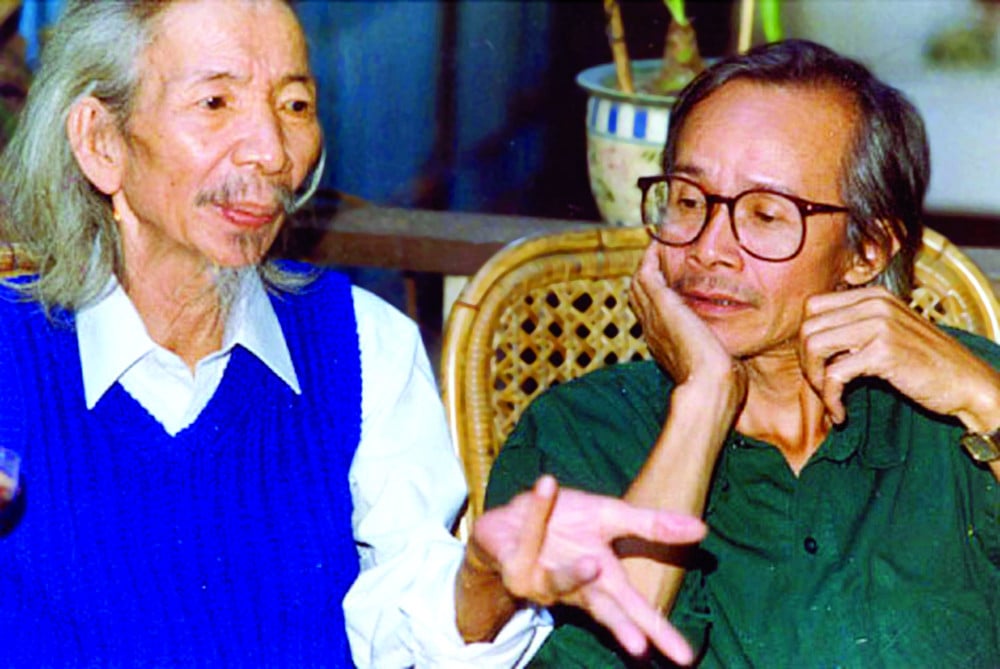

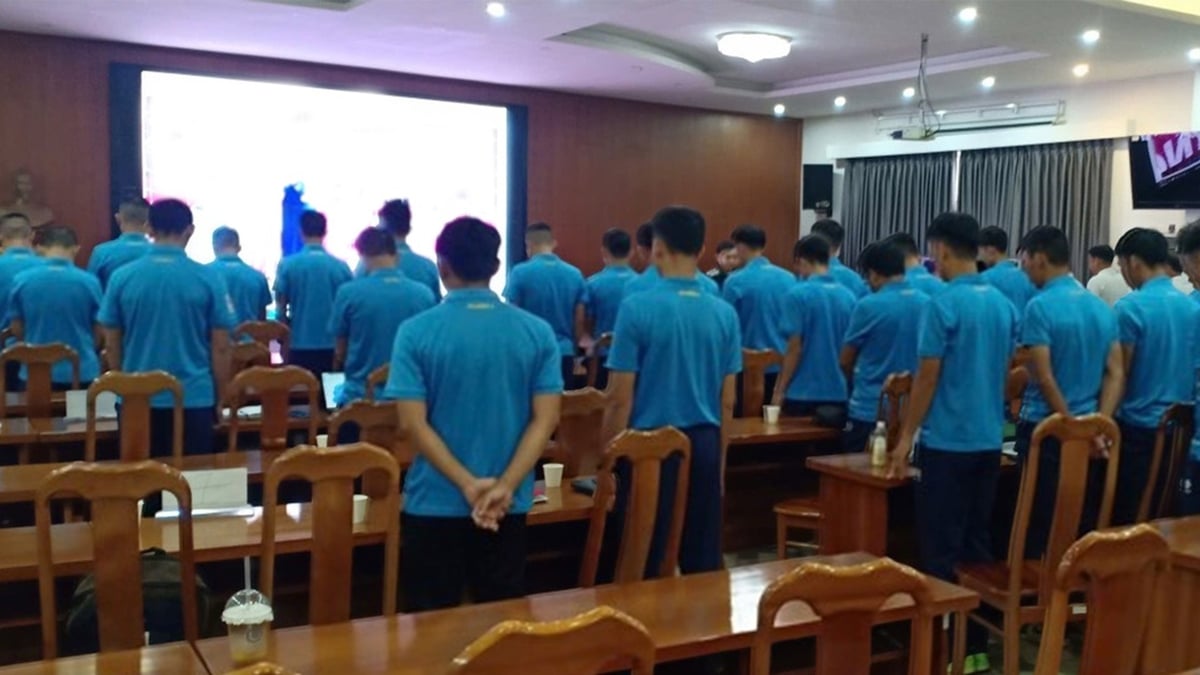
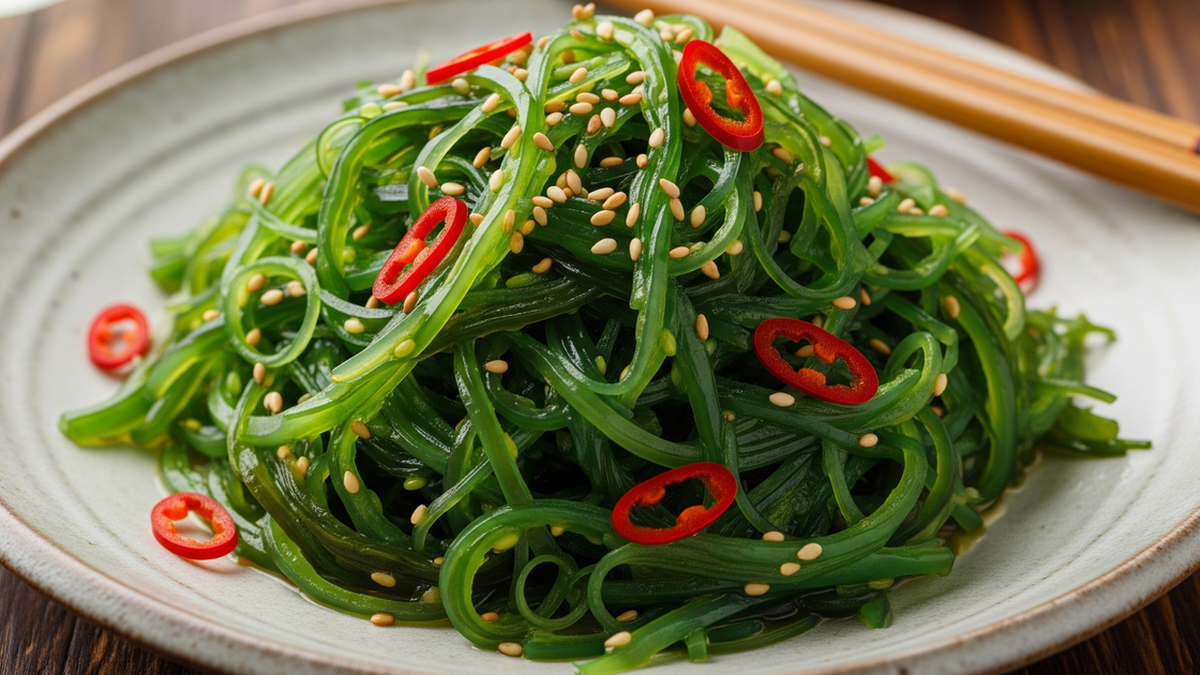
























![[Photo] Nghe An: Provincial Road 543D seriously eroded due to floods](https://vphoto.vietnam.vn/thumb/1200x675/vietnam/resource/IMAGE/2025/8/5/5759d3837c26428799f6d929fa274493)
































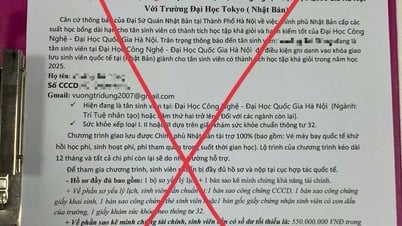






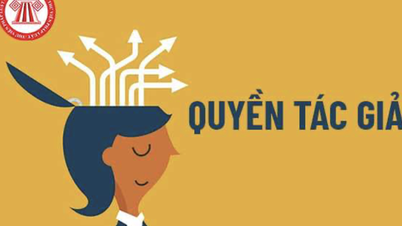

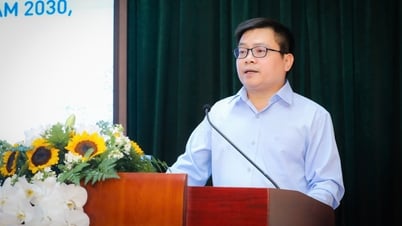


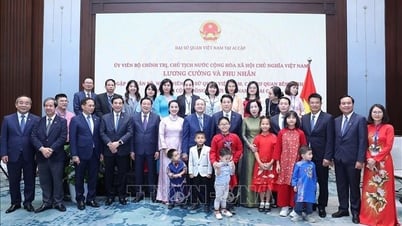

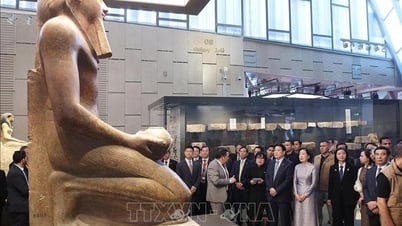






















Comment (0)